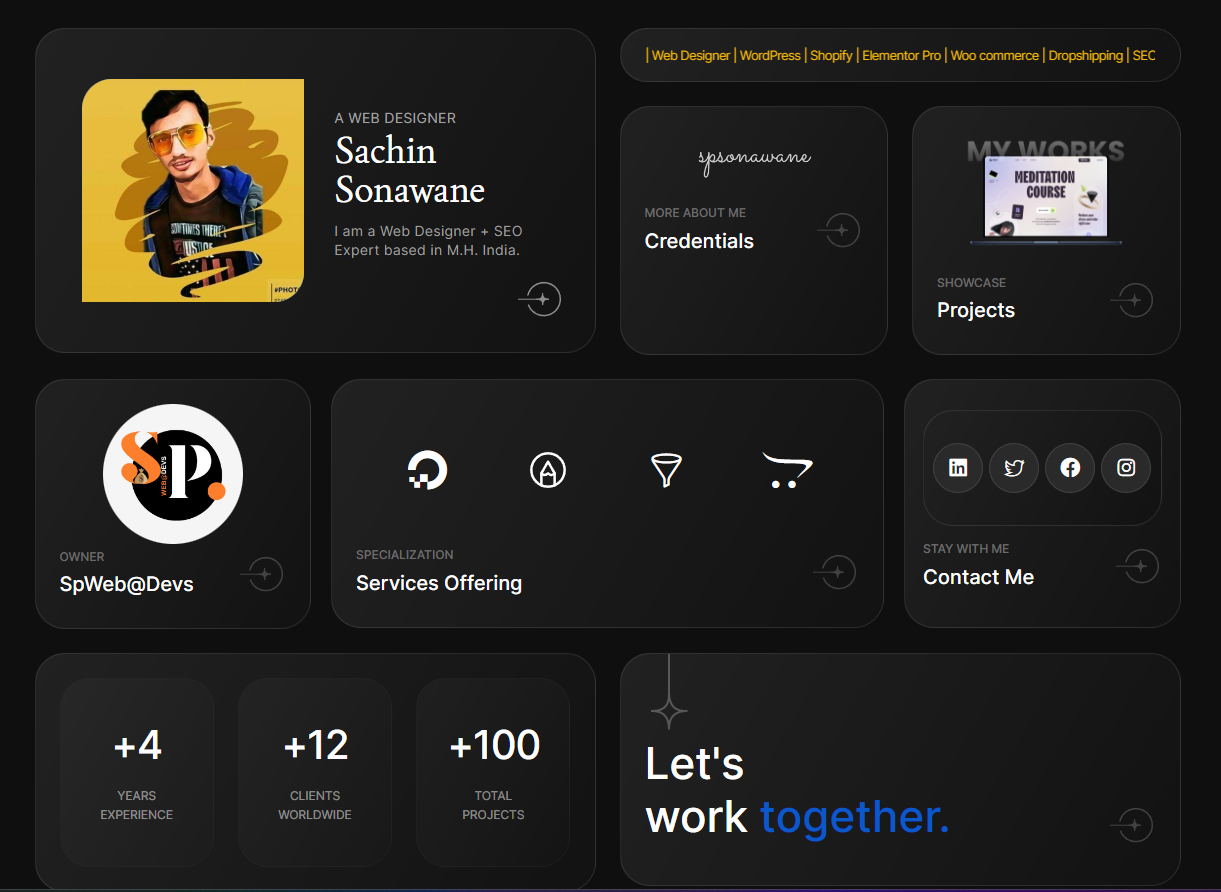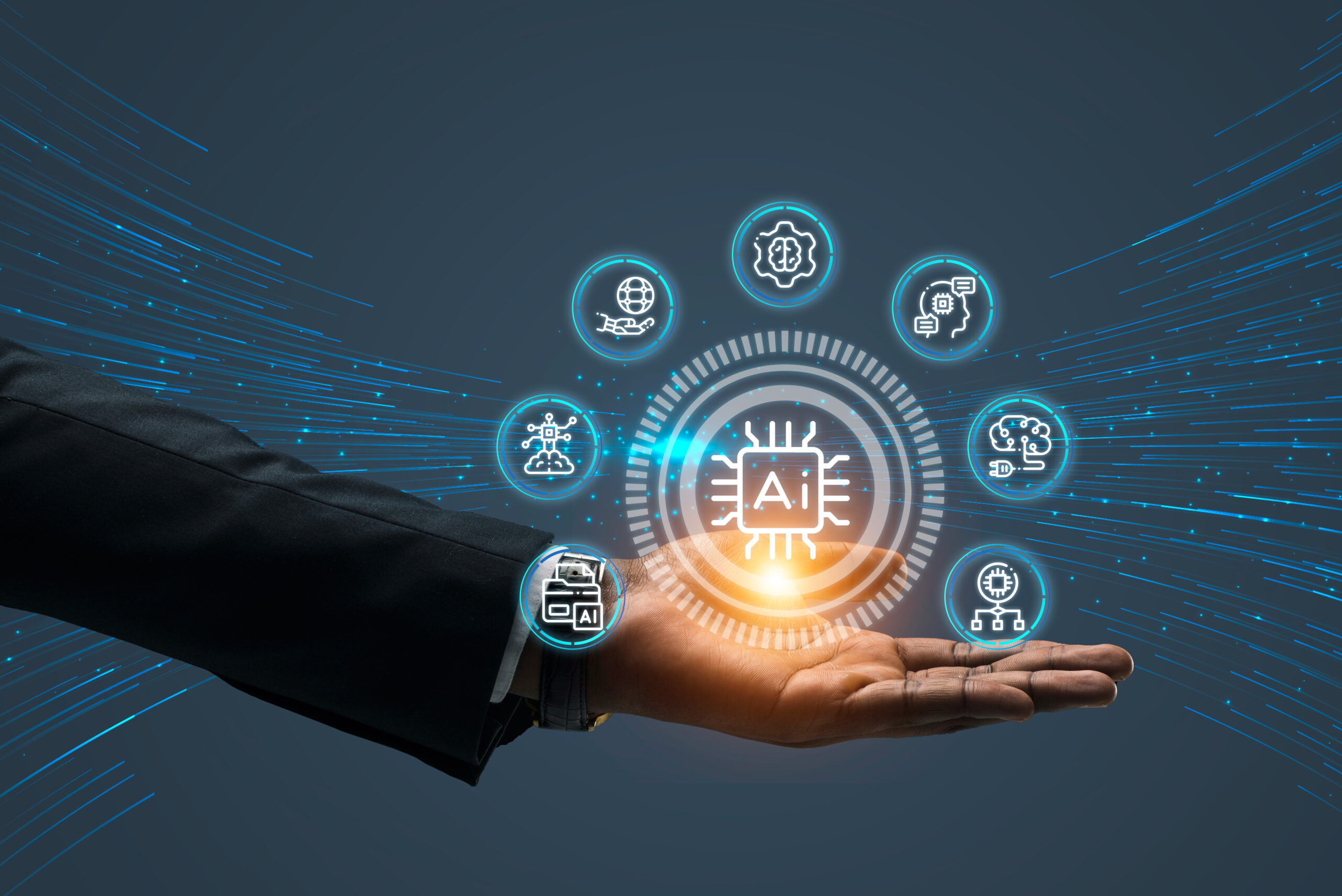- Home
- Technology
- The Synergy of Artificial Inte ...

In the digital era, the convergence of Artificial Intelligence (AI) and Data Science has revolutionized the way organizations derive insights, make decisions, and innovate. These two transformative fields, often used interchangeably, play distinct yet complementary roles in harnessing the power of data. This article delves into the synergy between Artificial Intelligence and Data Science, exploring their definitions, applications, and the transformative impact they collectively have on various industries.
Defining Artificial Intelligence:
Artificial Intelligence refers to the development of computer systems that can perform tasks requiring human intelligence. These tasks include learning, reasoning, problem-solving, perception, and language understanding. AI encompasses a spectrum of technologies, from rule-based systems to advanced machine learning algorithms that enable systems to learn and adapt from data.
Defining Data Science:
Data Science, on the other hand, is a multidisciplinary field that involves extracting insights and knowledge from structured and unstructured data. It encompasses various techniques, statistical models, and algorithms to analyze and interpret complex datasets. Data Science aims to uncover hidden patterns, trends, and correlations that inform strategic decision-making.
The Synergy Between AI and Data Science:
- Data as the Fuel for AI:
At the core of AI’s functionality lies data. AI systems rely on vast datasets to learn patterns, make predictions, and improve performance over time. Data Science plays a pivotal role in preparing, cleaning, and analyzing the data that feeds into AI algorithms. - Machine Learning in Data Science:
Machine Learning (ML), a subset of AI, is a crucial component of Data Science. ML algorithms enable data scientists to build predictive models and uncover insights from data, leading to more informed decision-making. - Enhancing Predictive Analytics:
The collaboration between AI and Data Science enhances predictive analytics capabilities. Predictive models, powered by AI algorithms, leverage historical data to forecast future trends and outcomes, assisting organizations in making proactive decisions. - Natural Language Processing (NLP):
NLP, a branch of AI, utilizes Data Science techniques to process and understand human language. This synergy enables applications such as chatbots, sentiment analysis, and language translation, transforming unstructured textual data into valuable insights. - Computer Vision:
AI computer vision applications interpret visual data using Data Science methods for tasks such as image recognition, object detection, and facial recognition. This convergence has applications in diverse fields, from healthcare to autonomous vehicles.
Applications in Various Industries:
- Healthcare:
AI and Data Science contribute to personalized medicine, disease prediction, and treatment optimization by analyzing vast healthcare datasets. - Finance:
AI and Data Science enhance fraud detection, risk assessment, and algorithmic trading in the financial sector. - Retail:
AI and Data Science synergize to enhance customer behavior analysis, demand forecasting, and personalized marketing strategies in the retail industry. - Manufacturing:
Predictive maintenance, quality control, and process optimization are areas where AI and Data Science improve efficiency and reduce downtime in manufacturing.
Challenges and Ethical Considerations:
The integration of AI and Data Science is not without challenges. Ethical considerations, bias in algorithms, data privacy, and interpretability of AI models are critical aspects that require attention and regulation to ensure responsible and fair use of these technologies.
Conclusion:
The synergy between Artificial Intelligence and Data Science represents a powerful alliance that transforms raw data into actionable insights, driving innovation across industries. As these fields continue to evolve, organizations that harness their collective potential will gain a competitive edge in a data-driven world. The collaborative efforts of AI and Data Science hold the promise of unlocking new possibilities, addressing complex challenges, and shaping a future where data is not just information but a catalyst for transformative change.
Other Articles:
















